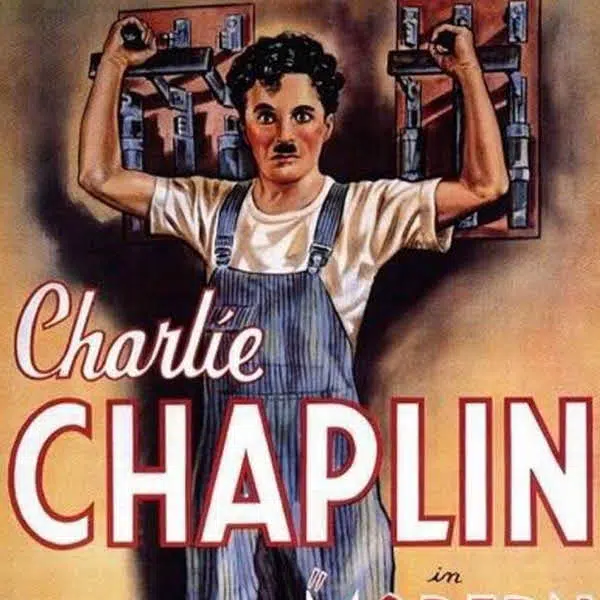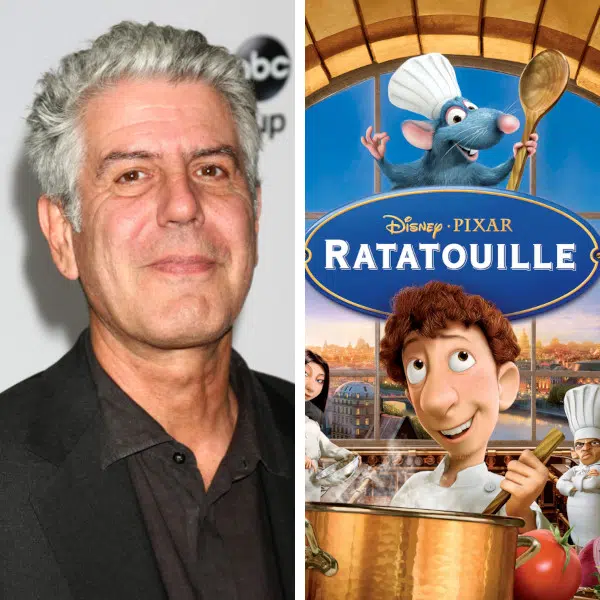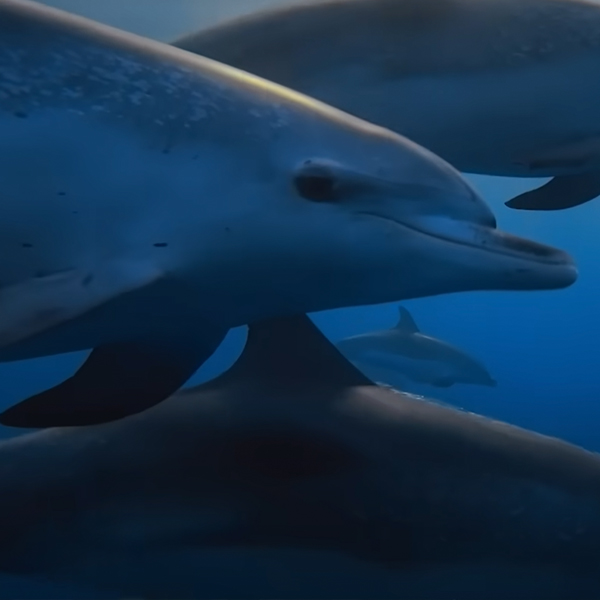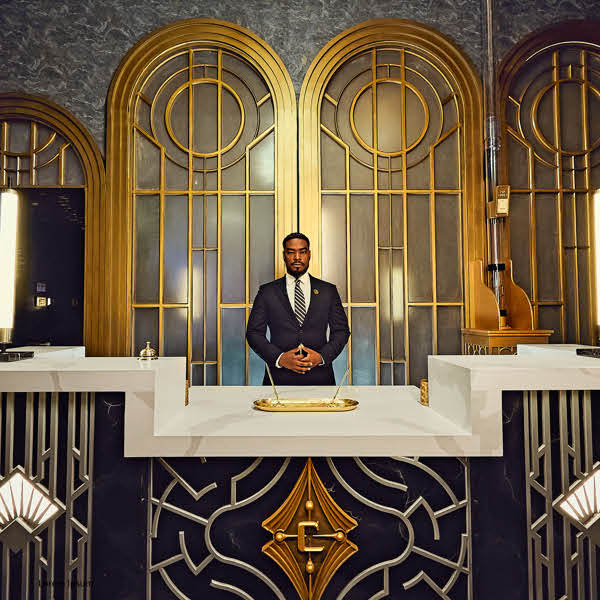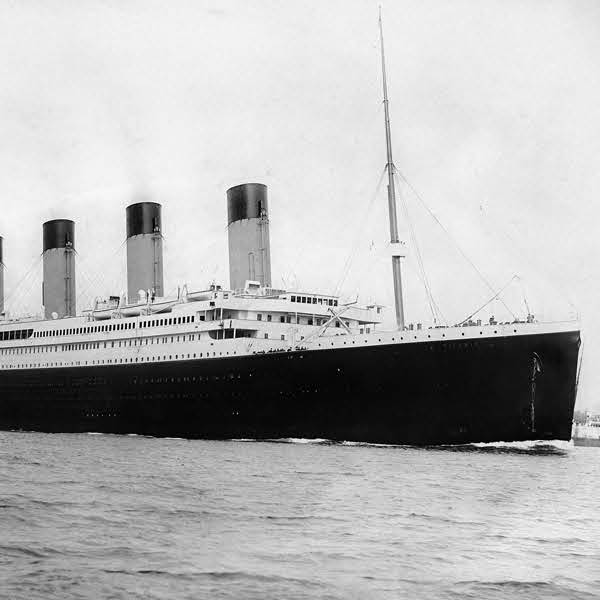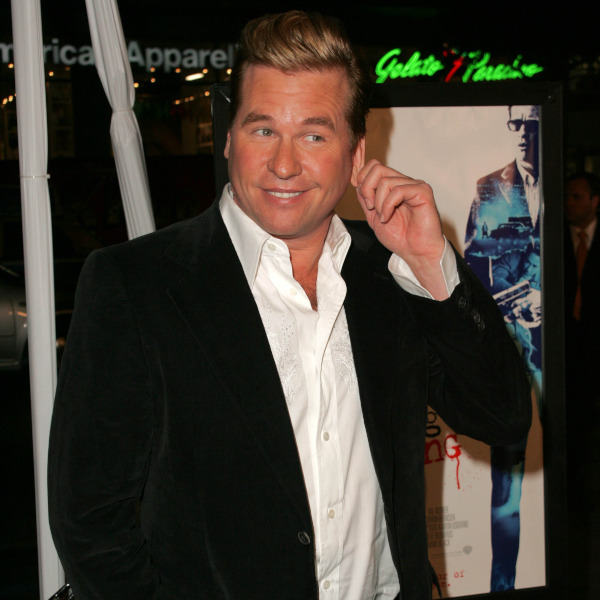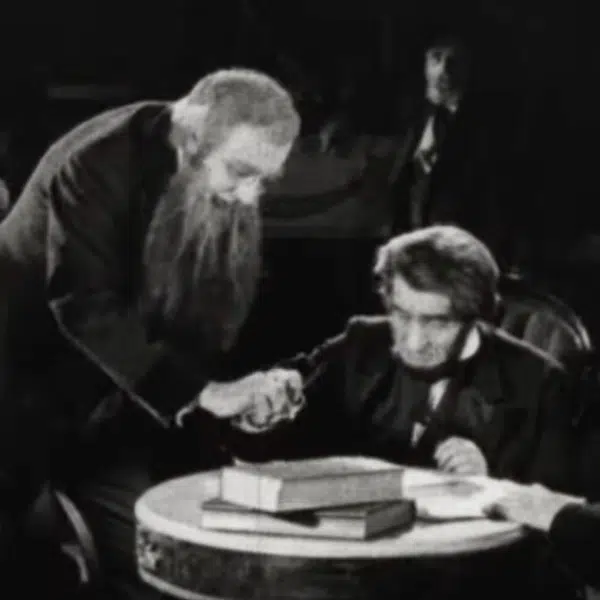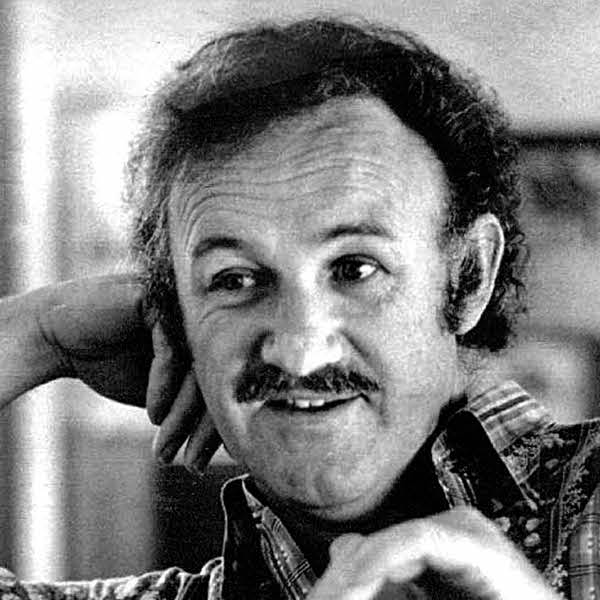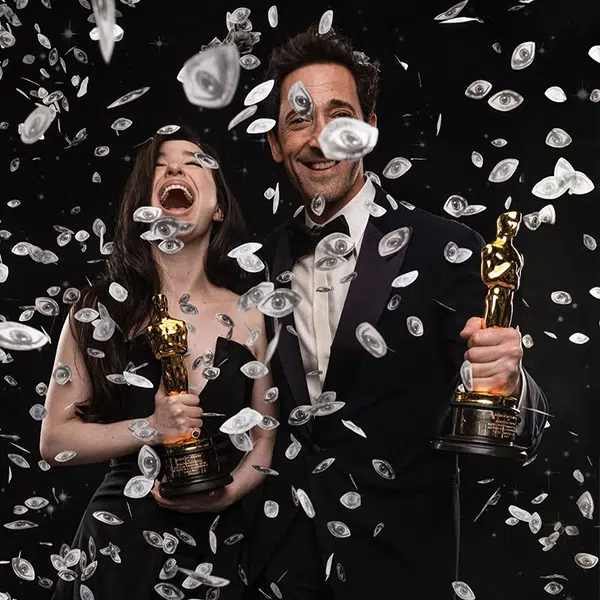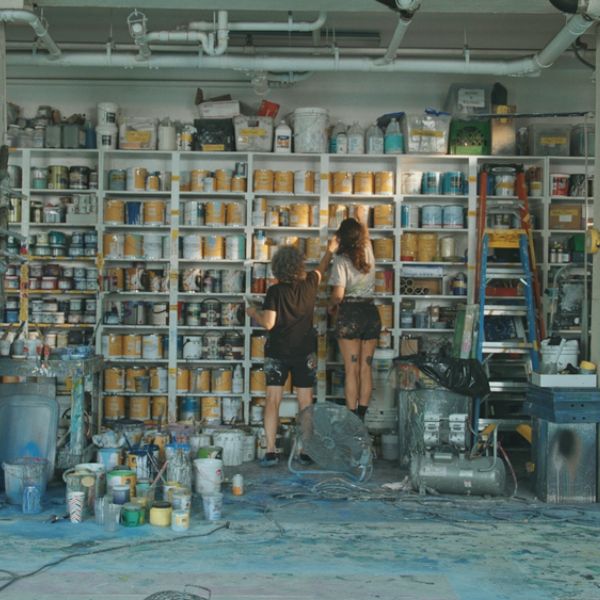View this post on Instagram
Wes Anderson films are instantly recognizable for their distinctive visual style of soft and dreamy color palettes, whimsical compositions, and playful camera work. The world-renowned director has made 12 films over 29 years, from his very first film, Bottle Rocket, to his hits like The Grand Budapest Hotel and The Royal Tenenbaums. And now, the legend himself reveals how each of them came to life in a fascinating short documentary by Vanity Fair.
Anderson explains that his script-writing process is like making a discovery. He says, “When you’re writing a story, it often feels less like you're doing architecture and more like you’re doing excavation. It’s something that already exists—we’re just unearthing it.” He reflects on how much he had to learn while making his first short film, Bottle Rocket, which eventually evolved into a feature-length production in 1996. He drew inspiration from his own life in Houston and Dallas, the cities where both he and Owen Wilson—who stars in the film—grew up. “It [captured] the disorder of our lives and the uncertainty of everything.”
Just two years later, in 1998, Anderson made Rushmore. He talks about his process of scoring a movie, and how music can give his films a “certain spirit.” Anderson explains that the visuals in Rushmore were often choreographed to match the music, with the team frequently using a stopwatch to time each scene precisely. He also shares how he first cast Jason Schwartzman—an actor who has appeared in nearly all of Anderson’s films ever since.
When discussing Isle of Dogs, released in 2018, the auteur reveals that the story was originally intended to be a short piece within The French Dispatch, but he soon realized it deserved a film of its own. “This [story] is bigger and more complicated,” he says. “The cost of making the 30-minute version of this is too high. We better just do the 85-minute version and make it a movie.”
The animated film, set on a “garbage dump island” in Japan came about simply because Anderson had always wanted to try making a stop-motion movie set in a dump. He explains, “The complexity and the visuals of it were always something I had in mind, waiting to be used.”
The writer-director also discusses his creative process behind several of his iconic films, including The Life Aquatic with Steve Zissou, Moonrise Kingdom, and his most recent work, The Phoenician Scheme, which is currently showing in theaters. The story is about a wealthy businessman, Zsa-zsa Korda, who appoints his only daughter, a nun, as sole heir to his estate. Anderson talks about the inspiration behind the film, and how the surreal script, co-written with Roman Coppola, came to be. “It’s always sort of improvised,” he says. “If you’re writing with someone else, there’s often an aspect of performance in the writing.”
Anderson’s body of work proves he’s a prolific filmmaker—and he shows no signs of slowing down. “I haven’t had a moment where I don't know what to do next,” he says. “I’ve always had something else that presents itself to me from somewhere in my unconscious.” He adds, “I always feel like I have a mission.”
Check out the full video below.
Wes Anderson reveals how each of his 12 films came to life in this fascinating short documentary.
Wes Anderson: Instagram | Facebook
Source: Every Wes Anderson Movie, Explained by Wes Anderson | Vanity Fair
Related Articles:
‘Succession’ Reimagined as Wes Anderson’s ‘The Royal Tenenbaums’
Germany’s Retro Bowling Alleys Look Like They’re Straight Out of a Wes Anderson Film
Breathtaking Compilations of the Most Beautiful Shots in Movie History











































































